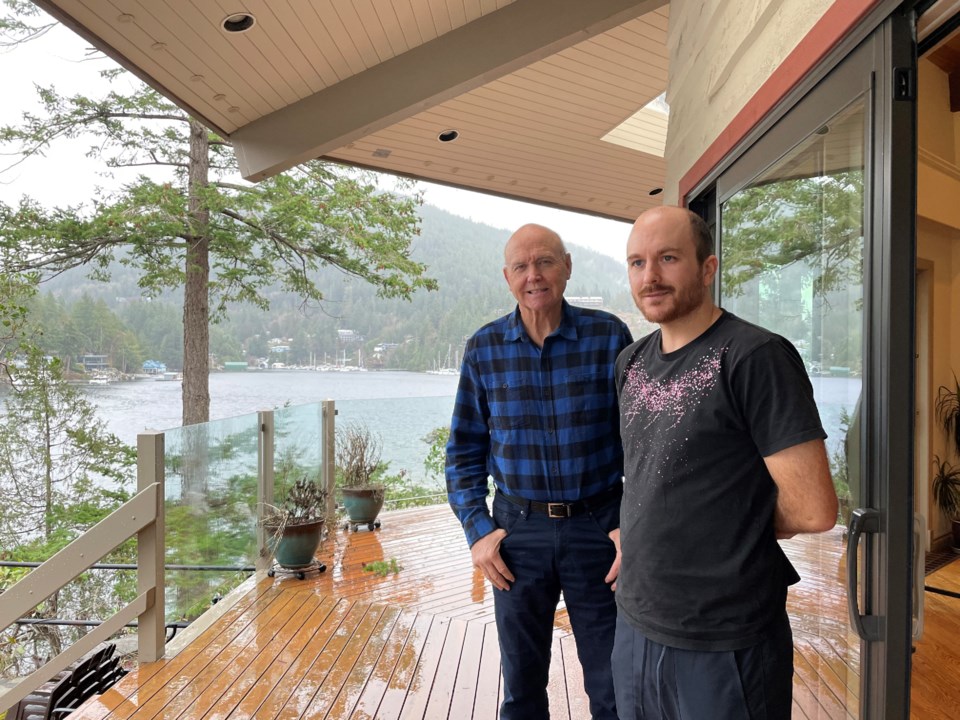There were few answers when the Pender Harbour and Area Residents Association (PHARA) met with the province about B.C.'s joint decision-making agreement negotiations with shíshálh Nation. It was, however, a start.
PHARA director Sean McAllister told Coast Reporter that the Feb. 2 virtual meeting was the group's first opportunity to have discussions and provide input since the province announced negotiations on a joint decision-making agreement to “advance collaborative management in the shíshálh swiya” last August. Senior staff members from the ministries of Water Land and Resource Stewardship and Indigenous Relations and Reconciliation attended. While the staffers were unable to share details on the negotiations, the two groups agreed to a follow-up meeting.
“Probably the most hopeful part of this is that [provincial staff] indicated that they were interested in meeting with us again to discuss how best to consult with the community,” he said.
In a provincial news release about the launch of the negotiations with the Nation under Section 7 of the Declaration on the Rights of Indigenous Peoples Act, PHARA was one of seven Coast-based local governments and interest groups that were to be consulted during the agreement development.
Last November, the association wrote to the province to request a meeting on the matter. The response, received a month later, stated that B.C. was “not at a stage to begin consultation with PHARA or other identified third parties." PHARA followed up on Jan. 18 with a letter that expressed that a delay of wider public consultation until after the agreement and required legislative amendments are developed was “not adequate as the cake will have been baked by then."
That letter also posed 22 questions that in PHARA’s view are at “the core of our system of responsible government and the Rule of Law…we believe these are matters that should be of great interest to all British Columbians and anyone investing here.”
Introduction of the Pender Harbour Dock Management Plan in 2018, which put new rules in place regarding waterfront amenities and their construction marked the beginning of the association's involvement on the file and the association continues to lobby to have concerns of affected residents addressed. McAllister, a retired lawyer, said in his view, the change from a shared to a joint decision-making model as provided for under Section 7 will affect a wider range of what are currently provincial government-authorized actions than those in that plan.
“Use of Crown land for sure, and we are concerned that it could filter down to something as simple as getting a building permit,” he stated. Because of those potential impacts, McAllister said, “We [PHARA] certainly don’t want the province to come up with some agreement and then give us a 30-day window to comment.”
As for PHARA’s next steps, McAllister said that a full board meeting will need to be arranged to brief the directors and decide on how to “press for further meetings on how to get the consultations going with the community … There are well over 300 docks in Pender Harbour and we are going to have to put our heads together to provide recommendations to the government on how best to get the dock owners thoughts across. And we still want our 22 questions answered,” he said.
The provincial representatives at the meeting did not provide a timeline regarding the negotiations or the follow-up meeting with PHARA according to McAllister. “I got the impression that this agreement, being a first of its kind, is moving very slowly,” he stated.

